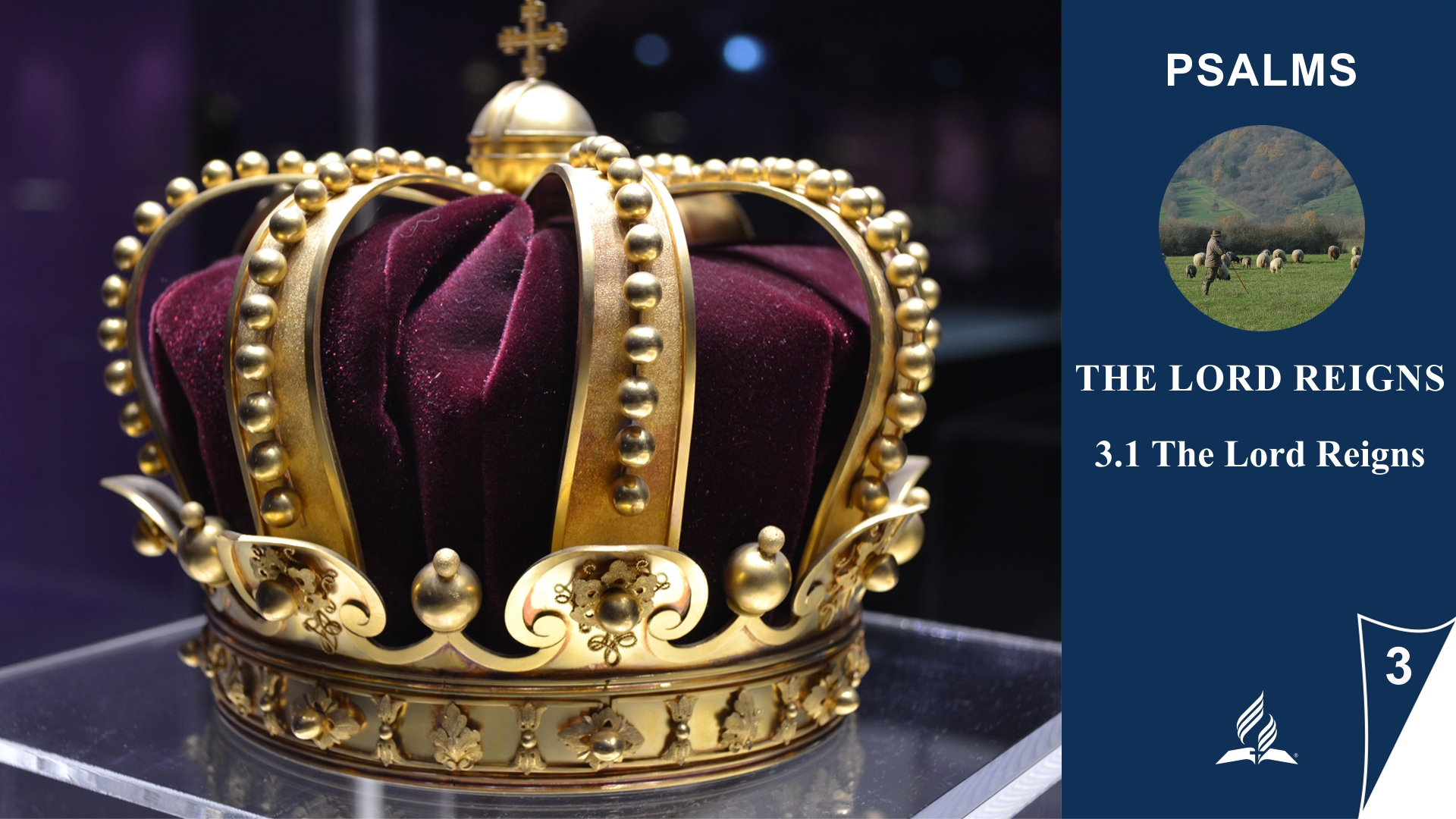

Lesson 3: The Lord Reigns
Lesson 3 takes us through the Psalms, exploring central theological themes. We delve into the concepts of creation, sovereignty, and love of God, discover the significance of His laws and testimonies, and understand the role of His rule and the impending divine judgment. This lesson invites us to recognize the deep relationship with God amid the diversity of the Psalms and understand the timeless relevance of their message for our spiritual lives.
3.1 The Lord Has Made Us
Read Psalms 8 and 100. How are God and humans portrayed in these Psalms? What do these Psalms reveal about the nature of God?
Psalms 8 and 100 provide profound insights into the relationship between God, humans, and creation. In Psalm 8, the glory of God is highlighted through the contemplation of creation. The heavens, the work of His hands, and the Earth testify to His unmatched power and majesty. The depiction of God in this Psalm emphasizes His sovereignty as the Creator who shaped the entire world with wisdom and love.
Similarly, Psalm 100 underscores creation as an expression of God’s love. Humans are presented as creatures of God, made by Him. This Psalm reminds us that the existence of each individual is attributed to God’s goodness. The terms “His people” and “the sheep of His pasture” indicate a personal relationship that God maintains with His people. It is emphasized that God is not only the Creator but also a Shepherd who cares for His people, calling them into an intimate connection with Him.
Both Psalms underscore that creation is not just a testimony of God’s power but also of His love. Nature, life, and existence itself are gifts from God to His creation. The Psalms encourage recognizing creation as an expression of God’s love and acknowledging that He is the sole origin and sustainer of all life.
Additionally, the Psalms highlight the uniqueness of God compared to idols and man-made images. Creation, including nature and its forces, is subject to His rule. This emphasis shows that true worship and trust are exclusively due to the Creator who reveals the fullness of His glory in His creation. The Psalms encourage recognizing the beauty and majesty of God in creation and acknowledging Him as the worthy recipient of our worship.
“What is man that you are mindful of him, and the son of man that you care for him?” (Psalm 8:5). How do you respond to God as your Creator? If God names the stars (Psalm 147:4), how much more do you think God cares for you?
The question from Psalm 8:5, “What is man that you are mindful of him, and the son of man that you care for him?” reflects on the amazing nature of human existence in the face of God’s greatness. This question prompts us to contemplate the significance of our relationship with God as our Creator.
The fact that God names the stars, as described in Psalm 147:4, illustrates the incredible love and attention that God has for every detail of His creation. If God cares for the seemingly infinite stars, it implies that His interest and care for each individual are immeasurable.
In response to the question from Psalm 8, we can bow in humility before our Creator. It reminds us that our existence and significance are anchored in God’s grand plan. This realization can evoke gratitude and worship as we become aware that God is not only mindful of our existence but also lovingly cares for us.
The notion that God knows us by name and cares for us can provide comfort and security. It encourages us to have confidence in God’s care and rely on the fact that He, who directed and named the stars, is also present in our lives. These considerations can lead to a deep spiritual connection with God and motivate us to live our lives in humility and trust before Him.
Visited 27 times, 1 visit(s) today






